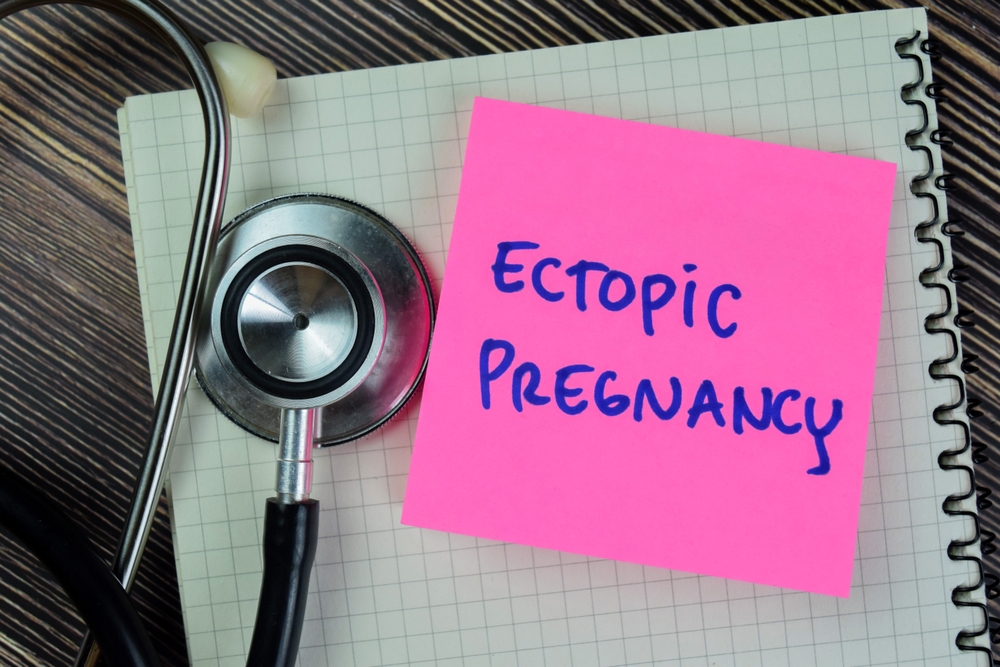Breastfeeding is an invaluable gift that gives numerous advantages to mothers and their babies. This remarkable process nourishes and sustains life and supports the development of robust, healthy individuals. In this blog, we delve into the benefits of breastfeeding, from its positive impact on infant health to its role in enhancing maternal well-being.
Fostering a Strong Start: Infant Health Benefits
Breast milk is a nutrient-dense powerhouse tailored to a growing infant’s unique needs. It is a dynamic, living fluid that changes composition to support an infant’s evolving requirements throughout the different stages of development. Some of its key health benefits include:
- Optimal nutrition: Breast milk provides an ideal balance of proteins, fats, carbohydrates, vitamins, and minerals that cater to an infant’s nutritional needs. Its composition is specifically designed to promote healthy growth and development, making it the gold standard for infant nutrition.
- Immunity boost: Breast milk is rich in antibodies and immune-boosting factors that help protect infants from illness and infection. It contributes to developing a robust immune system, reducing the risk of respiratory illnesses, ear infections, and gastrointestinal problems.
- Cognitive development: Research indicates a correlation between breastfeeding and enhanced cognitive development in children. The unique blend of nutrients in breast milk, including long-chain polyunsaturated fatty acids, supports brain growth and function.
- Healthy weight: Breastfed infants are less likely to experience rapid weight gain, which can reduce their risk of developing obesity and related health issues later in life.
- Allergy prevention: Breast milk consumption has been associated with a decreased risk of allergies and asthma in children. It is thought to promote the maturation of an infant’s immune system, preventing the development of allergic diseases.
Nurturing the Bond: Emotional Benefits
Breastfeeding offers more than just physical health benefits; it also fosters a strong emotional connection between mother and child. The intimate act of nursing helps to establish a secure attachment, which is the foundation for a healthy parent-child relationship. Skin-to-skin contact and close physical proximity during breastfeeding stimulate the release of oxytocin, the “love hormone,” which enhances bonding and attachment. This close connection is crucial for an infant’s emotional development and can have a lasting impact on their mental health and well-being.
Empowering Mothers: Maternal Health Benefits
Breastfeeding is not just advantageous for babies; it also offers numerous benefits for mothers. These include:
- Postpartum recovery: The release of oxytocin during breastfeeding aids in postpartum recovery by promoting uterine contractions, which help the uterus return to its pre-pregnancy size and reduce postpartum bleeding.
- Weight loss: Breastfeeding mothers typically burn more calories due to the energy required for milk production. This increased calorie expenditure can contribute to gradual weight loss after giving birth.
- Reduced cancer risk: Research suggests that breastfeeding is associated with a reduced risk of breast and ovarian cancers. This protective effect is thought to be linked to the hormonal changes that occur during lactation.
- Emotional well-being: The act of breastfeeding and the release of oxytocin promote relaxation and feelings of contentment in mothers. This can help to alleviate stress and anxiety and support maternal mental health.
- Natural contraception: Exclusive breastfeeding can serve as a natural method of contraception in the first six months postpartum, as it may suppress ovulation. However, it is important to note that this method is not foolproof and should be used with caution.
The benefits of breastfeeding extend far beyond providing essential nourishment for infants. This natural process offers a multitude of advantages for the health and well-being of both mother and child, fostering strong emotional connections and promoting a sustainable future. By choosing to breastfeed, mothers are making a powerful investment in their child’s growth, development, and overall health.
The act of breastfeeding is a unique and profound experience that significantly impacts the lives of mothers and their children. From its unrivaled nutritional content to its ability to boost immunity, breastfeeding provides infants with the optimal foundation for a healthy life. Additionally, the emotional bond established during breastfeeding fosters a secure attachment that is crucial for an infant’s emotional development. Mothers, too, benefit from the process through improved postpartum recovery, reduced cancer risk, and enhanced emotional well-being. Lastly, breastfeeding plays an essential role in promoting a sustainable and eco-friendly future, making it a remarkable gift from nature that benefits not just individuals but the environment and society as a whole.
Sources:
Victora, C. G., Bahl, R., Barros, A. J., França, G. V., Horton, S., Krasevec, J., … & Lancet Breastfeeding Series Group. (2016). Breastfeeding in the 21st century: epidemiology, mechanisms, and lifelong effect. The Lancet, 387(10017), 475-490.
Ip, S., Chung, M., Raman, G., Chew, P., Magula, N., DeVine, D., … & Lau, J. (2007). Breastfeeding and maternal and infant health outcomes in developed countries. Evidence Report/Technology Assessment (Full Rep), 153(153), 1-186.
World Health Organization. (2018). Guideline: Counselling of women to improve breastfeeding practices. World Health Organization.








